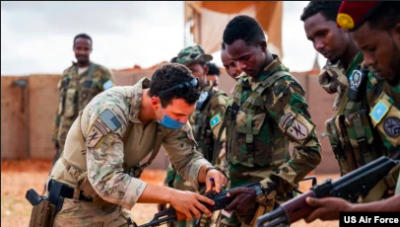NOVANEWS
by Michel Chossudovsky
First published in 1994, Third World Resurgence and Le monde diplomatique
The IMF Intervention in the Early 1980s
Somalia was a pastoral economy based on “exchange” between nomadic herdsmen and small agriculturalists. Nomadic pastoralists accounted for 50 percent of the population. In the 1970s, resettlement programs led to the development of a sizeable sector of commercial pastoralism. Livestock contributed to 80 percent of export earnings until 1983. Despite recurrent droughts, Somalia remained virtually self-sufficient in food until the 1970s.
The IMF-World Bank intervention in the early 1980s contributed to exacerbating the crisis of Somali agriculture. The economic reforms undermined the fragile exchange relationship between the “nomadic economy” and the “sedentary economy” – i.e. between pastoralists and small farmers characterized by money transactions as well as traditional barter. A very tight austerity program was imposed on the government largely to release the funds required to service Somalia’s debt with the Paris Club. In fact, a large share of the external debt was held by the Washington-based financial institutions.’ According to an ILO mission report:
[T]he Fund alone among Somalia’s major recipients of debt service payments, refuses to reschedule. (…) De facto it is helping to finance an adjustment program, one of whose major goals is to repay the IMF itself.


